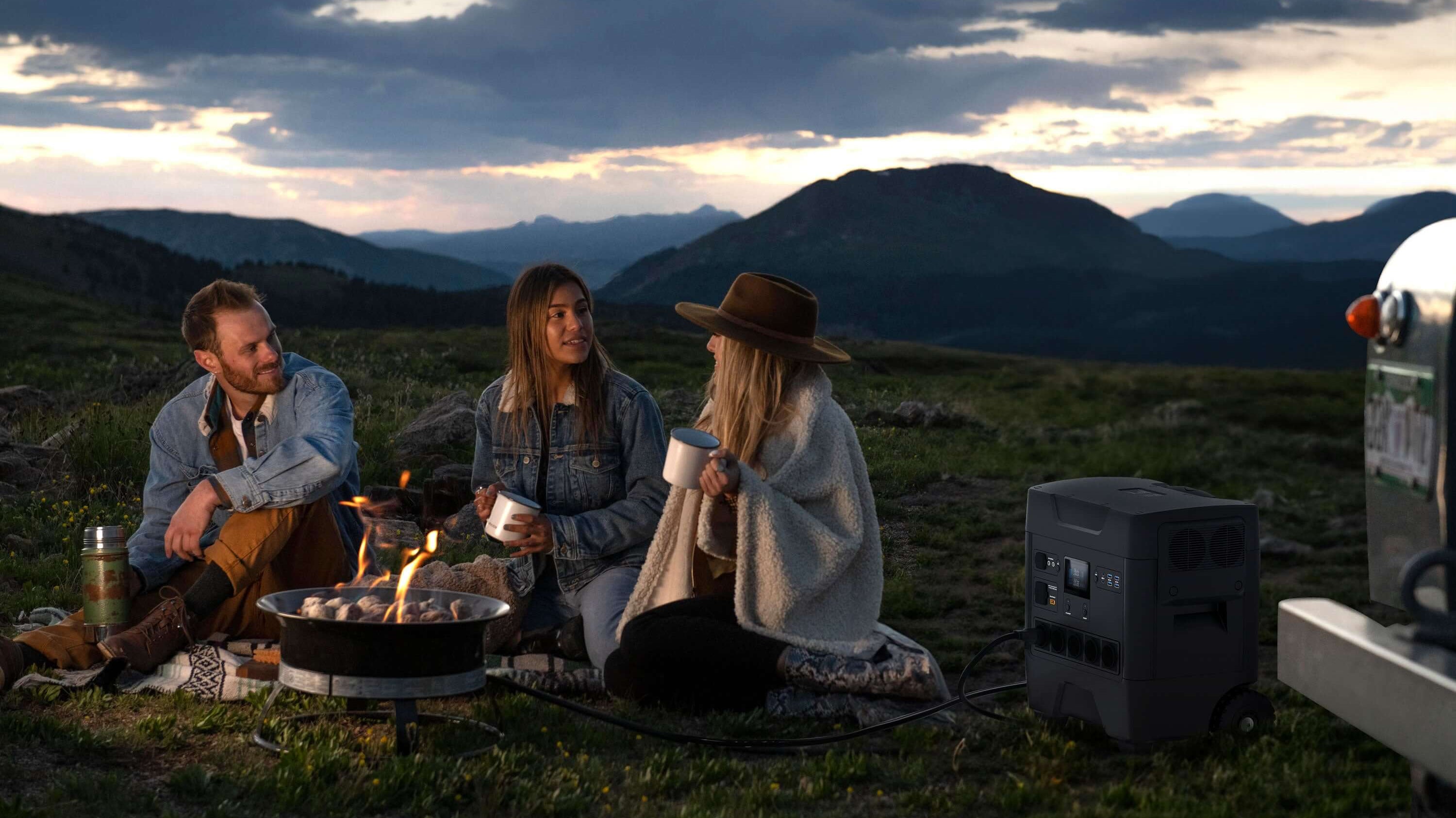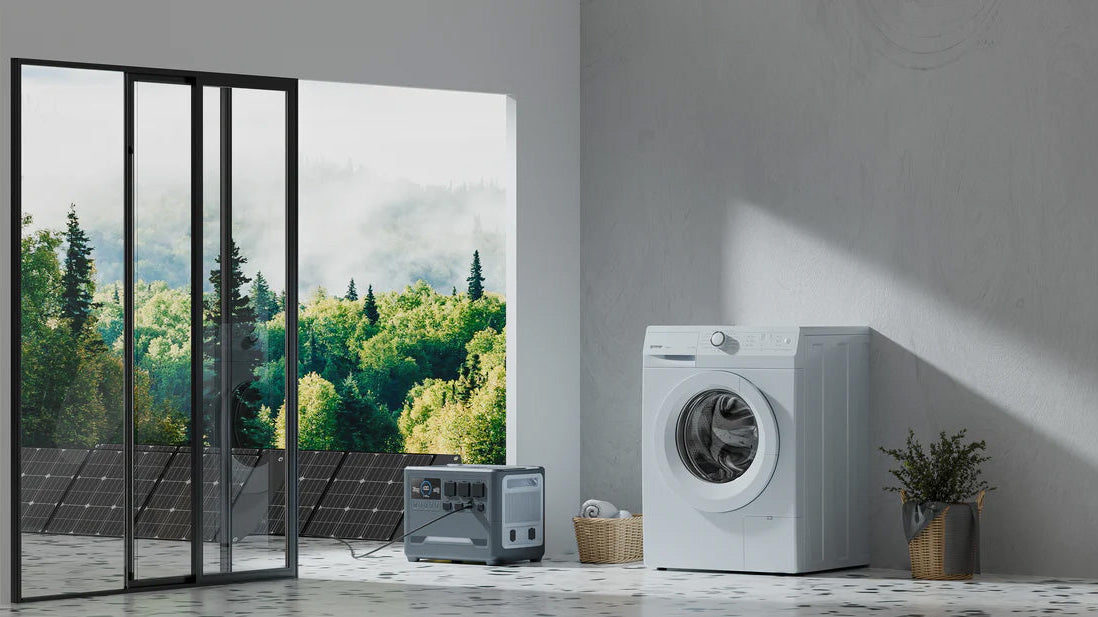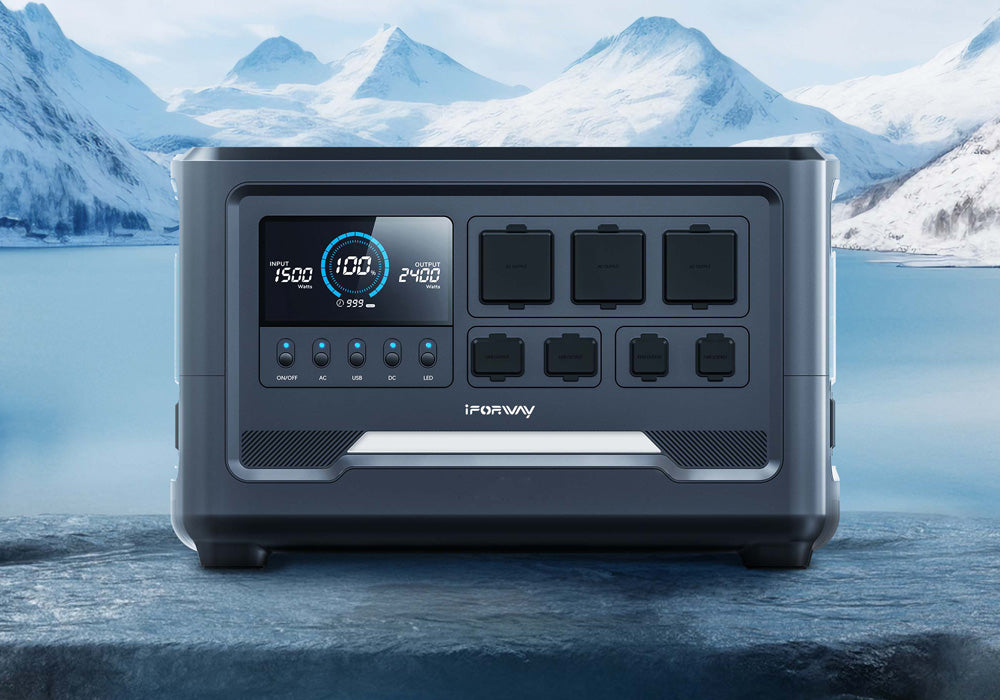
As more and more people seek to reconnect with nature, off-grid cabins have become an ideal living option for many. Off-grid living not only means being free from the constraints of traditional power grids and municipal water systems, but also represents a sustainable, independent and closely connected lifestyle with nature. Whether you want to escape the hustle and bustle of the city or want to live a more self-sufficient life, building an off-grid cabin can provide you with freedom and independence.
This article will guide you through the process of building an off-grid cabin, covering key elements such as planning, design, materials, energy management and water supply systems
1. Planning your off-grid cabin

1.1 Choose the right location
The first step in building an off-grid cabin is to choose the right location. Consider the following factors:
Natural resources: Make sure the location provides sufficient sunlight, wind power or water resources. Solar power is the most common off-grid power source, while wind power and water power can be supplementary or backup options.
1.2 Climate conditions:Understand the climate of the area and consider how extreme weather may affect your cabin. For example, colder areas may require additional insulation, while tropical areas require good ventilation and shading.
1.3 Land and Laws and Regulations:Make sure the land you purchase allows for the construction of a cabin and complies with local building codes. Some areas may have special requirements or restrictions for off-grid construction.
1.4 Design and Layout

Functionality and energy efficiency are key when designing an off-grid cabin. Here are some important considerations:
1.4.1 Space Planning: Design your living space effectively to avoid wasting square footage. Your cabin should be tailored to your lifestyle and include a kitchen, bedroom, bathroom, and storage space.
1.4.2 Energy-Efficient Design: Choose the right building materials, such as high-performance insulation, to ensure your cabin has good thermal performance and reduces energy consumption.
1.4.3 Water-Efficient Design: Install rainwater collection systems or water-saving devices, such as low-flow toilets and shower heads, to minimize reliance on external water sources.
2. Choose Sustainable Building Materials
In order to minimize the impact on the environment, it is crucial to choose environmentally friendly and sustainable building materials. Here are some common materials for off-grid cabins:
2.1 Recycled Wood: Using recycled wood from old buildings or waste reduces the need for new wood and adds a unique aesthetic to your cabin.
2.2 Compressed Earth Blocks (CEB): Compressed earth blocks are a low-cost, environmentally friendly material with excellent thermal properties, making them ideal for walls.
2.3 Natural Insulation: Materials such as wool, hemp, or recycled paper insulation are both efficient and environmentally friendly.
2.4 Bamboo: Bamboo is a fast-growing, renewable material that is strong and durable, making it ideal for building frames, floors, and walls.
3. Energy Management and Off-Grid Energy Storage Systems
Energy management is at the heart of off-grid living. You need to rely on renewable energy sources for electricity and heating. With advances in energy storage technology, off-grid energy storage systems have become an important part of many off-grid homes, providing efficient and reliable power solutions.
3.1 Solar Energy:
Solar energy is the most common off-grid power source. Installing solar panels is essential, and you need to choose the right system size based on the size of your cabin and your energy needs. Pairing solar panels with a storage system ensures that you have power even on cloudy days or at night.
3.2 Wind and Hydro Energy:
If you live in an area with abundant wind or water resources, wind turbines and micro-hydro systems are excellent supplemental energy sources. Wind turbines are particularly effective in winter or on cloudy days, while micro hydro systems are ideal if you have a stream or river on your land, providing a steady supply of electricity.
3.3 iFORWAY Off-Grid Energy Storage System:
This is where the iFORWAY Off-Grid Energy Storage System comes in, providing an efficient way to store and manage energy. iFORWAY’s system uses high-performance lithium batteries with longer life and higher energy density, ensuring a reliable power supply for your off-grid cabin.
Recommended Products:
For those looking for a reliable solar solution, the following products stand out for their efficiency and versatility in off-grid living:
iFORWAY Solar Generator G36

Ideal for off-grid living, the iFORWAY Solar Generator G36 offers a powerful output that allows you to run multiple devices, small appliances, and heaters. It is perfect for long stays in remote areas, ensuring you have access to power during your off-grid life.
Features:
Intelligent Battery Management System (BMS): iFORWAY's advanced battery management system monitors battery health in real time, preventing overcharging or deep discharge and extending battery life.
Ultra-fast solar charging: iFORWAY solar generator G36 features MPPT maximum power point tracking charging. , fully charged in 3.5h.
Green Energy Solutions: By reducing dependence on the grid, iFORWAY's energy storage system helps lower carbon emissions, making it a more sustainable choice for powering your off-grid cabin.
With iFORWAY's off-grid energy storage, you can ensure reliable power even on cloudy days or during periods of high energy demand without worrying about energy waste.
4. Water Management
Water is an important resource, especially in an off-grid environment. You need a reliable source of water to meet your needs for drinking, bathing, cooking, and other daily tasks. Here are some common water management solutions:
4.1 Rainwater Collection System: Install a rainwater collection system to collect rainwater from the roof, then filter and purify it. This can reduce your dependence on external water sources, especially in areas with high rainfall.
4.2 Wells: If your land has a water source, consider digging a well to access groundwater for drinking and domestic use. Make sure to install an efficient pump and filtration system to ensure that the water is safe to drink.
4.3 Water Purification System: Whether you collect rainwater or use well water, you will need a filtration and purification system. Common methods include UV disinfection, reverse osmosis, and carbon filtration.
5. Waste Management
Waste management is another important aspect of off-grid living. Here are some common waste management solutions:
5.1 Composting toilets: Composting toilets are an environmentally friendly solution for dealing with human waste. They convert waste into compost through a natural process, reducing water consumption and providing nutrient-rich soil for your garden.
5.2 Greywater system: Greywater from showers, dishwashing, and laundry can be filtered and used for irrigation or flushing toilets, helping to save water.
6. Make your off-grid cabin comfortable
Although off-grid cabins are often simple, that doesn't mean they are not comfortable. Here are some ways to increase the comfort of your cabin:
6.1 Natural light: Make sure your cabin has enough windows to let in natural light, reducing the need for artificial lighting.
6.2 Ventilation: Good ventilation is essential for air circulation and humidity control, helping to keep your cabin dry and fresh.
6.3 Interior decoration: Use natural materials such as wood and stone for interior decoration to create a comfortable, rustic atmosphere that matches your off-grid lifestyle.
Conclusion:

Building an off-grid cabin is a challenging but rewarding process. With careful planning, selecting sustainable materials, effectively managing energy and water resources, and integrating an iFORWAY off-grid energy storage system, you can create a comfortable and environmentally friendly living space. Living off-grid in nature allows you to enjoy tranquility and solitude while reducing your impact on the environment, allowing for a more self-sufficient and sustainable life.
If you are ready to start your off-grid cabin project, consider iFORWAY's off-grid energy storage system as your power solution. With iFORWAY, you will have a reliable, environmentally friendly energy source to ensure that your cabin has access to electricity even in the most remote locations.
Start your journey to a sustainable off-grid lifestyle today!
What is the most common power station?
In today's fast-paced world, the need for portable, reliable energy solutions has never been greater. Whether you're camping in the wilderness, working remotely, or facing an unexpected power outage, portable power stations offer a convenient and flexible way to keep your devices powered and your life uninterrupted





